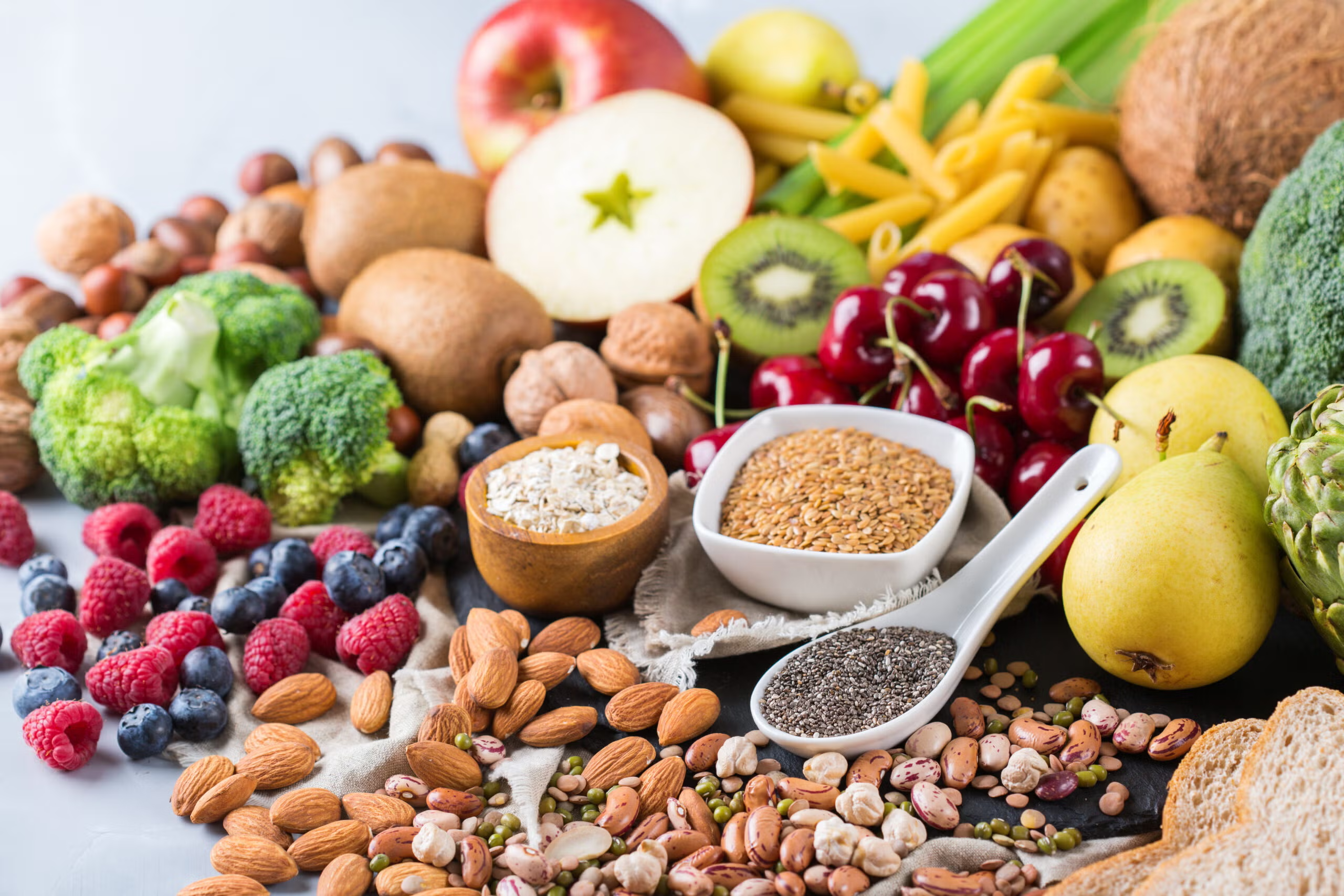ASTM D2803 Sugar Analysis in Fruit-Based Beverages
The analysis of sugars in fruit-based beverages is critical to ensure product quality, consistency, and compliance with industry standards. This process involves the quantification of reducing sugars such as glucose, fructose, sucrose, and other carbohydrates present in these beverages. ASTM D2803-18 is a widely recognized standard that provides methods for determining the total reducing sugar content using an enzymatic technique.
This service at Eurolab focuses on providing reliable, accurate, and compliant results for our clients. Our laboratory adheres strictly to international standards such as ASTM D2803-18 to ensure that all analyses meet industry benchmarks. The method described in this standard is particularly suited for fruit-based beverages where sugars play a crucial role in taste and preservation.
The procedure outlined in ASTM D2803 involves several steps, starting with the preparation of the sample by diluting it appropriately. The diluted solution is then analyzed using an enzyme-catalyzed reaction that specifically targets reducing sugars. This method is preferred over gravimetric or titrimetric methods due to its higher sensitivity and speed.
The accuracy of this analysis is paramount, especially in the food and beverage sector where quality control is essential. Our team at Eurolab ensures that every step from sample preparation through final reporting adheres meticulously to the ASTM D2803 guidelines. By doing so, we provide our clients with precise data they can trust.
The significance of this test extends beyond just ensuring compliance; it also helps in optimizing production processes and enhancing product quality. For instance, by accurately measuring sugar levels, manufacturers can adjust their formulations to achieve the desired taste profile without compromising on health considerations or regulatory requirements.
Moreover, understanding sugar composition is vital for shelf life management. Too much or too little sugar can affect how long a beverage remains stable before spoiling. Thus, regular testing ensures that products maintain their freshness and quality throughout distribution channels.
In summary, ASTM D2803 sugar analysis in fruit-based beverages offers numerous benefits including enhanced product quality, improved consistency, better compliance with standards, optimized production processes, extended shelf life management, and overall customer satisfaction. These factors make this service indispensable for any business involved in the production or distribution of fruit-based beverages.
At Eurolab, we are committed to delivering exceptional services that meet our clients' needs while upholding strict adherence to international standards. Our team comprises experienced professionals equipped with state-of-the-art facilities and equipment necessary for performing accurate analyses under controlled conditions.
Applied Standards
The ASTM D2803-18 standard specifies the procedure for determining the total reducing sugar content in fruit-based beverages using an enzymatic technique. This method is particularly useful because it allows for rapid and precise measurement of sugars, which are essential components affecting both taste and preservation.
By following this standard closely, we ensure that our results are consistent with internationally accepted practices, thereby providing reliable data that can be trusted by regulatory bodies and industry stakeholders alike. The use of such standards adds credibility to our reports, making them valuable tools for decision-making purposes within organizations involved in the food & beverage sector.
Other relevant standards include ISO 6584-2:1997 (which covers methods for determining reducing sugars), and EN 13002:2001 (specifying requirements for fruit juices and nectars). While these additional standards may not directly apply to the specific ASTM D2803 service offered, they do provide supplementary information that supports a comprehensive understanding of carbohydrate analysis.
It's important to note that while these various standards offer valuable insights into different aspects of carbohydrate measurement, it is the detailed procedures provided within ASTM D2803-18 that form the basis for our specialized testing services. This ensures consistency and accuracy across all analyses conducted by Eurolab.
Eurolab Advantages
At Eurolab, we pride ourselves on delivering high-quality analytical services that are tailored to meet the specific requirements of our clients. Our expertise in carbohydrate and fiber analysis is complemented by advanced instrumentation and experienced scientists who understand the nuances involved in this field.
We employ strict quality control measures throughout every stage of the testing process, from sample preparation right through to final reporting. This commitment to precision guarantees that all results are accurate and reliable, providing confidence to our clients about their products' performance.
Our state-of-the-art laboratory facilities cater specifically to carbohydrate analysis needs, offering a controlled environment conducive to obtaining consistent results. Additionally, we utilize cutting-edge technology that allows us to perform tests quickly yet accurately, ensuring minimal turnaround times without sacrificing quality.
The combination of our scientific knowledge combined with modern equipment ensures that Eurolab remains at the forefront of analytical services in carbohydrate and fiber analysis. Whether you're looking for routine monitoring or one-off assessments, we offer a comprehensive range of options designed to suit your unique needs.
Use Cases and Application Examples
The ASTM D2803 sugar analysis in fruit-based beverages has numerous applications across various sectors. One primary use case is quality assurance, where regular testing helps maintain consistent product quality by identifying any variations early on during production.
In research & development (R&D), this service plays a crucial role in developing new formulations that meet both consumer expectations and regulatory requirements. By accurately measuring sugar levels, researchers can fine-tune their recipes to achieve the perfect balance of sweetness without exceeding recommended limits set by health authorities.
Procurement teams also benefit from such analyses as they help monitor supplier performance and ensure compliance with contract specifications regarding carbohydrate content in ingredients used for manufacturing fruit-based beverages. This ensures that only high-quality raw materials are sourced, contributing to overall product excellence.
Another significant application lies in shelf life management; understanding sugar composition allows companies to predict how long their products will remain stable before spoiling. By adjusting sugar levels based on these insights, manufacturers can extend the shelf life of their beverages while maintaining optimal taste and quality.





